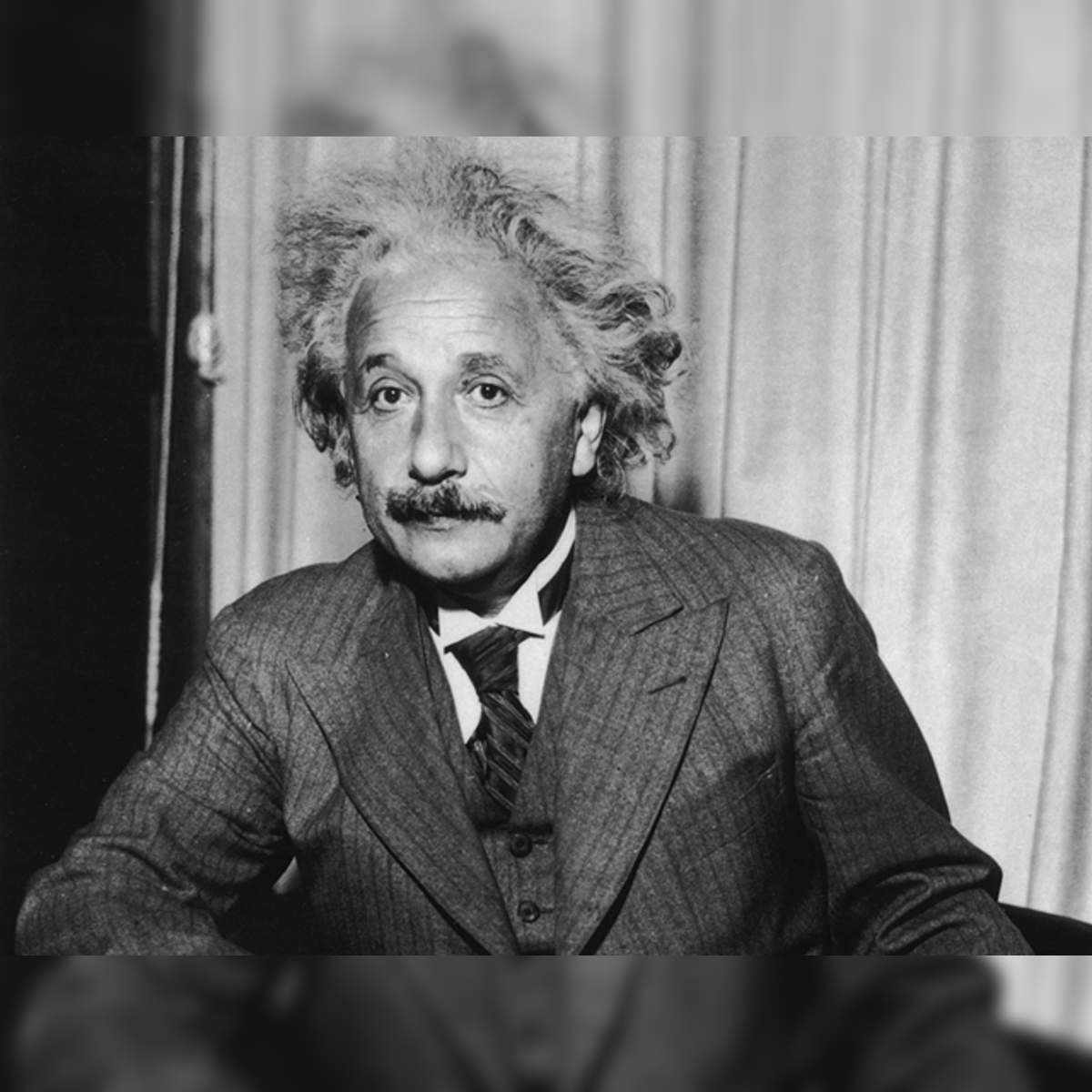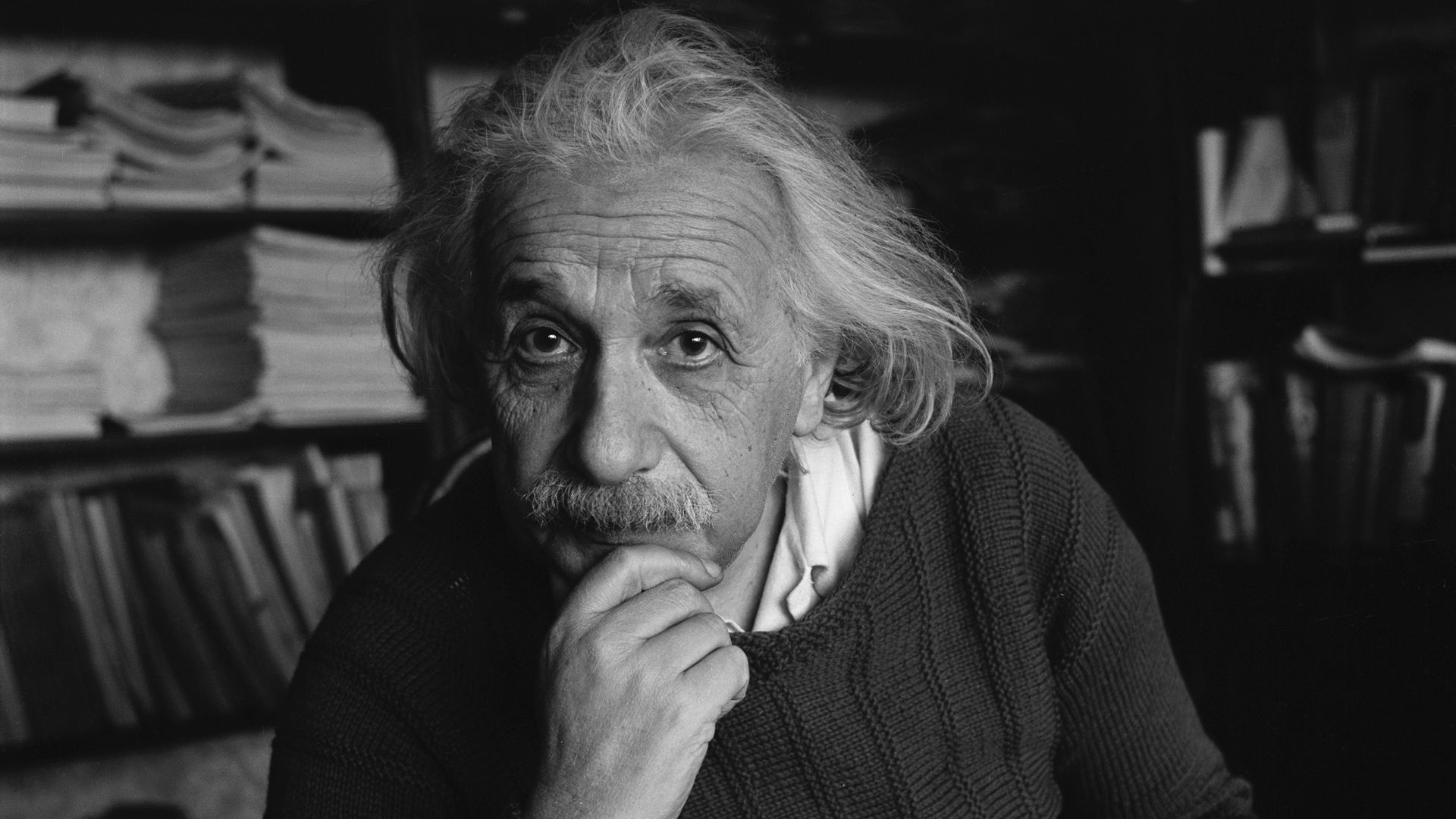Albert Einstein, one of the most celebrated figures in history, has long been associated with extraordinary intelligence. The question of what was Einstein's IQ remains a topic of fascination for many. While his contributions to science are well-documented, the exact measure of his intelligence continues to intrigue researchers and enthusiasts alike.
As we delve into this topic, it becomes essential to understand the nuances surrounding Einstein's intellectual capabilities. IQ tests, as we know them today, were not widely available during his lifetime, making the estimation of his IQ a subject of speculation and analysis.
This article aims to provide a comprehensive exploration of Einstein's IQ, examining historical records, expert opinions, and scientific studies. By the end of this piece, you'll gain a deeper understanding of the genius behind the numbers and why Einstein's legacy endures.
Read also:Maria Arreghini The Rising Star In Music And Beyond
Table of Contents
- Einstein's Biography
- Early Life and Education
- The Evolution of IQ Tests
- What Was Einstein's Estimated IQ?
- Einstein's Scientific Contributions
- Genius Beyond IQ: Qualities That Defined Einstein
- Common Myths About Einstein's IQ
- Modern Perspective on Measuring Intelligence
- Expert Opinions on Einstein's Intelligence
- Conclusion: The Legacy of Einstein's Genius
Einstein's Biography
Early Years and Key Facts
Albert Einstein was born on March 14, 1879, in Ulm, Germany. He grew up in a family of modest means, with his father, Hermann Einstein, working as an engineer and his mother, Pauline Koch, being a homemaker. Below is a table summarizing key aspects of Einstein's life:
| Full Name | Albert Einstein |
|---|---|
| Birth Date | March 14, 1879 |
| Place of Birth | Ulm, Germany |
| Death Date | April 18, 1955 |
| Major Achievements | Theory of Relativity, Nobel Prize in Physics (1921) |
Einstein's early years were marked by a fascination with science and mathematics, which eventually led him to become one of the most influential physicists in history.
Early Life and Education
Formative Years and Academic Pursuits
Einstein's early education began in Munich, where he attended a Catholic elementary school. Despite initial struggles with language, he showed a remarkable aptitude for mathematics and physics. At the age of 16, he wrote his first scientific paper, "On the Investigation of the State of the Ether in a Magnetic Field."
His academic journey took him to the Swiss Federal Polytechnic in Zurich, where he graduated in 1900 with a teaching diploma in physics and mathematics. This period laid the foundation for his groundbreaking theories and discoveries.
The Evolution of IQ Tests
IQ tests, as we know them today, were developed in the early 20th century. The Stanford-Binet Intelligence Scale, introduced in 1916, became one of the first standardized tests to measure intelligence. However, during Einstein's lifetime, such tests were not widely used or standardized.
Modern IQ tests assess various cognitive abilities, including problem-solving, logical reasoning, and spatial awareness. While these tests provide a quantitative measure of intelligence, they cannot fully capture the complexity of a genius like Einstein.
Read also:Carmani Boozer The Rise And Impact Of A Remarkable Figure In The Entertainment Industry
What Was Einstein's Estimated IQ?
Although Einstein never took an official IQ test, experts estimate his IQ to be around 160, placing him in the top 0.001% of the population. This estimation is based on his achievements, problem-solving abilities, and contributions to science.
It's important to note that IQ is just one measure of intelligence and does not account for creativity, emotional intelligence, or other qualities that define a genius.
Einstein's Scientific Contributions
Revolutionizing Physics
Einstein's most famous contribution is the theory of relativity, which fundamentally changed our understanding of space, time, and gravity. His equation, E=mc², demonstrated the equivalence of mass and energy, paving the way for advancements in nuclear energy and particle physics.
- Published the special theory of relativity in 1905.
- Introduced the general theory of relativity in 1915.
- Received the Nobel Prize in Physics in 1921 for his explanation of the photoelectric effect.
His work not only revolutionized physics but also influenced fields such as cosmology, quantum mechanics, and astrophysics.
Genius Beyond IQ: Qualities That Defined Einstein
Characteristics of a True Genius
Einstein's genius extended beyond his intellectual capabilities. Below are some qualities that defined his brilliance:
- Creativity: Einstein approached problems with a unique perspective, often visualizing solutions in his mind.
- Curiosity: His relentless pursuit of knowledge drove him to explore uncharted territories in science.
- Persistence: Despite initial setbacks, he remained committed to his work, leading to groundbreaking discoveries.
These qualities, combined with his intellectual prowess, set Einstein apart as a true genius.
Common Myths About Einstein's IQ
Several myths surround Einstein's IQ, often exaggerating or misinterpreting his intellectual capabilities. Below are some common misconceptions:
- Myth 1: Einstein failed math as a child. In reality, he excelled in mathematics from a young age.
- Myth 2: His IQ was over 200. While impressive, his estimated IQ of 160 is more accurate.
Separating fact from fiction is crucial in understanding Einstein's true genius.
Modern Perspective on Measuring Intelligence
Advancements in Cognitive Science
Modern research in cognitive science highlights the multidimensional nature of intelligence. While IQ tests measure certain cognitive abilities, they fail to capture the full spectrum of human intellect.
Experts now emphasize the importance of emotional intelligence, creativity, and adaptability in defining intelligence. This holistic approach provides a more comprehensive understanding of what it means to be intelligent.
Expert Opinions on Einstein's Intelligence
Renowned psychologists and scientists have weighed in on Einstein's intelligence. Below are some expert opinions:
- Dr. Dean Keith Simonton, a psychologist specializing in genius studies, notes that Einstein's achievements far exceed the capabilities of individuals with average IQs.
- Dr. Howard Gardner, known for his theory of multiple intelligences, highlights Einstein's exceptional spatial and logical reasoning abilities.
These insights underscore the complexity of Einstein's genius and the limitations of traditional IQ measurements.
Conclusion: The Legacy of Einstein's Genius
In conclusion, Albert Einstein's IQ, estimated to be around 160, represents only a fraction of his extraordinary intellect. His contributions to science, creativity, and curiosity have left an indelible mark on history. While IQ tests provide a quantitative measure of intelligence, they cannot fully encapsulate the depth and breadth of Einstein's genius.
We invite you to explore more articles on our site, share your thoughts in the comments, and continue learning about the remarkable individuals who have shaped our world. Together, let's celebrate the legacy of genius and the pursuit of knowledge.


